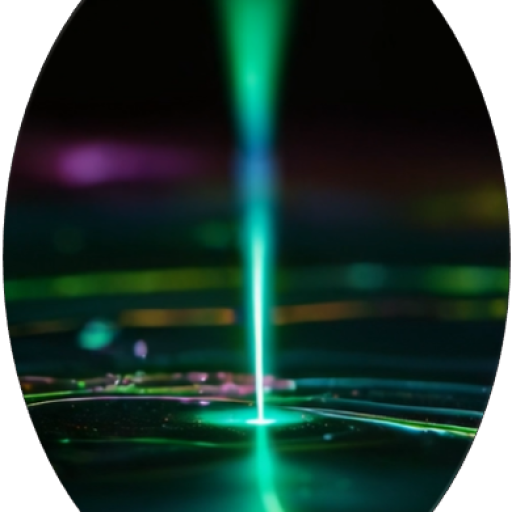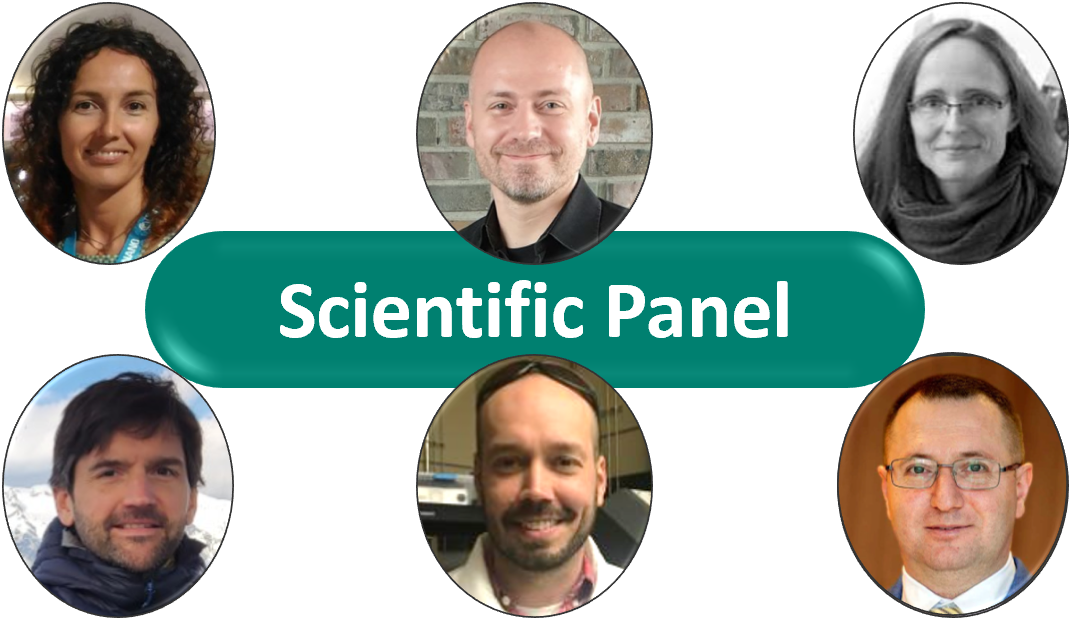


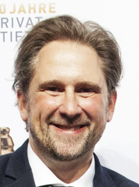
Prof. Harald Plank is researcher at the Institute of Electron Microscopy and Nanoanalysis, Graz University of Technology. His scientific focus is put on functional Nanofabrication using focused particle beam induced processing with particular emphasis on additive, direct-write 3D nano-printing via focused electron beam induced deposition (FEBID). In the course of the Christian Doppler Laboratory for Direct-Write Fabrication of 3D Nano-Probes, he is now working on radically new concepts for multi-functional AFM probes in collaboration with industry.

Prof. Michael Huth´s group »Thin Films and Nanostructures« studies materials with strong electronic correlation effects and also works on developing their application potential in sensing. Michael Huth published more than 200 articles in refereed journals. He is member of the scientific advisory boards of the Institute for Microtechnologies at RheinMain University of Applied Sciences and member of the Board of Trustees of the Beilstein-Institut Frankfurt am Main. From 2010 to 2012 he served as dean of the Physics Department and from 2017 until his election as vice president for »Quality Management, Infrastructure & Technology Transfer«.
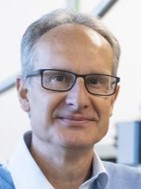
Prof. José María De Teresa leads the Nanofabrication and Advanced Microscopies (NANOMIDAS) group at the Institute of Nanoscience and Materials of Aragón (INMA, CSIC-University of Zaragoza, Spain). He coordinates the Spanish Nanolithography Network (NANOLITO) and the FIB-SEM area at the Advanced Microscopy Laboratory. His research focuses on nanofabrication using focused electron and ion beams, magnetic nanostructures, nano-superconductivity, and quantum technologies. With over 240 publications (with 11,500 citations and an h-index of 53), he has supervised 15 PhD finished PhD theses (5 more in progress) and 25 Master’s theses. He is a Fellow of the American Physical Society (2021), the European Physical Society (2023) and the European Academy of Sciences (2024). Since May 2025, he is President-Elect of the European Physical Society.
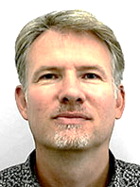
Dr. Ivo Utke leads the Low Dimensional Materials Team at Empa’s Laboratory for Mechanics of Materials and Nanostructures in Thun, Switzerland. He earned his diploma in Materials Science and PhD in Natural Sciences from Humboldt University in Berlin in 1991 and 1995, respectively. After a postdoctoral stint at EPFL, he joined Empa in 2005. His research focuses on advanced nanofabrication techniques, including 3D nanoprinting with focused electron and ion beams, and thin film deposition methods like ALD and PVD. Dr. Utke has authored over 100 publications and co-edited a comprehensive book on nanofabrication. He is also a co-founder of the start-up SwissCluster, which commercializes high-level ALD/PVD process reactors.
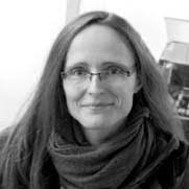
Dr. Katja Höflich leads the Defect Engineering group at the Ferdinand-Braun-Institut in Berlin, Germany. She earned her PhD in Physics and has extensive experience in nanostructuring and microscopic analysis. Her research focuses on developing chip-based optical quantum devices, particularly through the manipulation of two-dimensional materials like graphene and hexagonal boron nitride. She has coordinated significant reports on focused ion beam technologies and contributed to advancements in photonic quantum technologies. Dr. Höflich is also associated with the Helmholtz-Zentrum Berlin and has collaborated with institutions like the Max Planck Institute for the Science of Light.
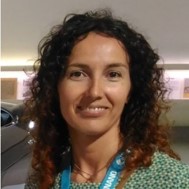
Dr. Rosa Córdoba Castillo is a Ramón y Cajal researcher at the Institute of Molecular Science (ICMol), University of Valencia, Spain. She earned her PhD in Physics from the University of Zaragoza in 2012, focusing on functional nanostructures fabricated via focused electron and ion beams. Her research expertise includes nanofabrication, nanomagnetism, spintronics, superconductivity, and vortex matter. Dr. Córdoba has authored over 58 scientific publications and holds an h-index of 29, with her work cited more than 2,800 times. In 2020, she received the Young Investigator Award from the journal Microelectronic Engineering for her contributions to nanomaterial fabrication and characterization. She currently leads projects on advanced nano-superconductors for applications in superconducting circuits.
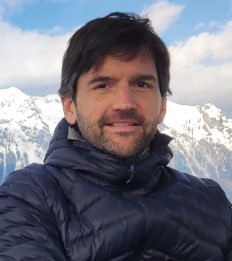
Prof. Amalio Fernández-Pacheco is a Full Professor at the Institute of Applied Physics, TU Wien (Vienna University of Technology). He earned his PhD in Physics from the University of Zaragoza, Spain, in 2009, focusing on electrical conduction and magnetic properties of nanoconstrictions and nanowires. His research centers on three-dimensional nanomagnetism, spintronics, and advanced nanofabrication techniques. Throughout his career, he has held positions at institutions including Imperial College London, the University of Cambridge, and the University of Glasgow. In 2021, he was awarded an ERC Consolidator Grant for his project „3DNANOMAG,“ dedicated to investigating new 3D spintronic circuits.
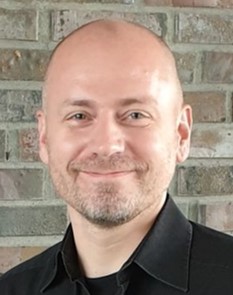
Dr. Sven Barth is a Privatdozent at the Physikalisches Institut of Goethe University Frankfurt, Germany. He earned his PhD in Chemistry from Saarland University in 2008, focusing on one-dimensional oxide nanostructures and heterometallic transition metal alkoxides. His research encompasses inorganic materials chemistry, nanostructured materials, and direct-write nanofabrication techniques. Dr. Barth has held positions at institutions including TU Wien, University College Cork, and Université du Québec. He has authored over 70 publications, with an h-index of 36 and more than 5,000 citations. His work has been recognized with awards such as the Graduate Student Award from the European Materials Research Society and the Best PhD Thesis in Chemistry Award from Saarland University. Currently, he coordinates the Go4Tec Core Facility at Goethe University, focusing on high-technology infrastructure and technology transfer.
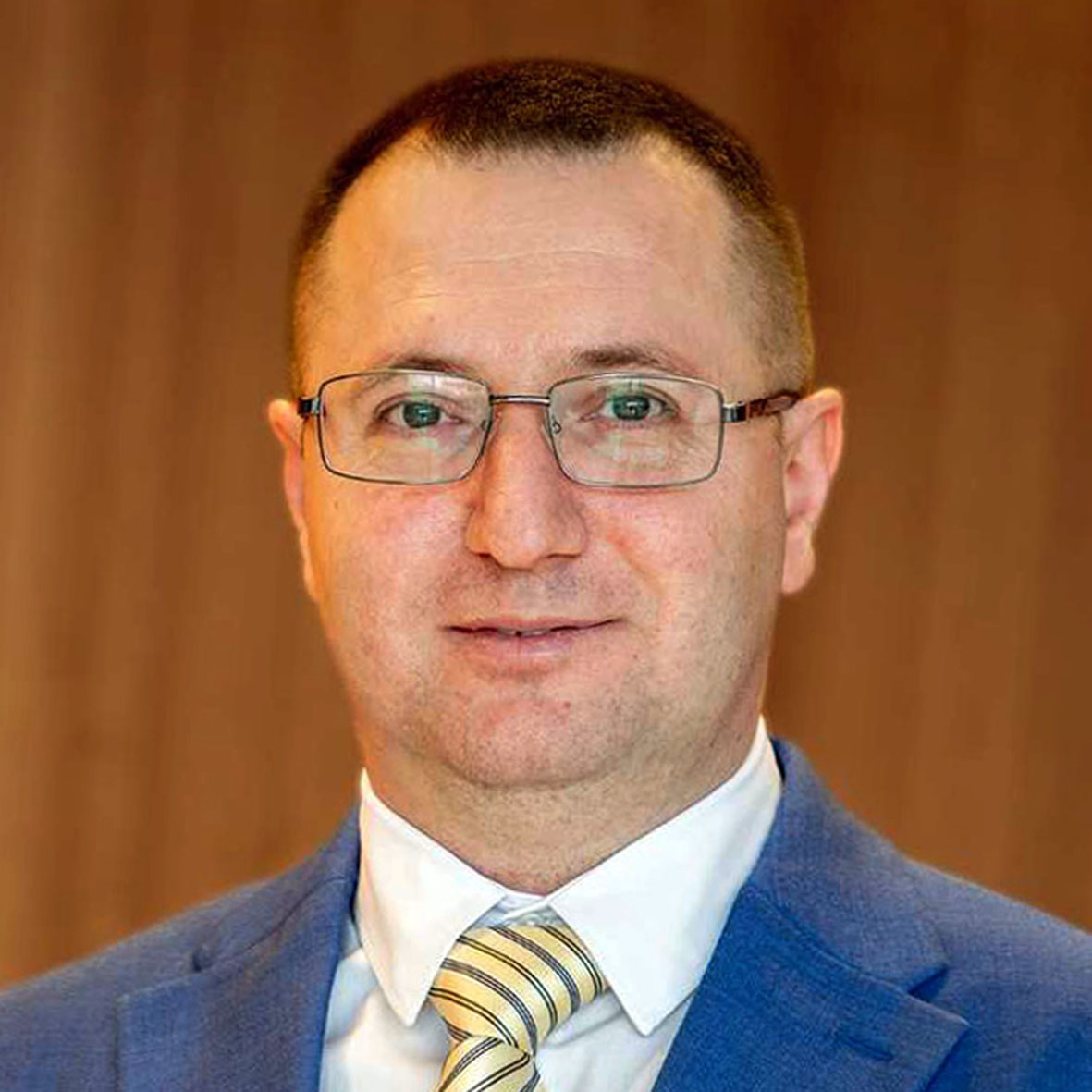
Prof. Oleksandr Dobrovolskiy is the Head of the Cryogenic Quantum Electronics Division and a University Professor at the Institute for Electrical Measurement and Fundamental Electrical Engineering at Technische Universität Braunschweig, Germany. He earned his PhD in Physics from the B. Verkin Institute for Low Temperature Physics and Engineering in Kharkiv, Ukraine, where he studied superconductivity and vortex dynamics in nanostructures. His research explores quantum electronics, hybrid systems, 3D nanostructures, and magnon fluxonics. Before joining TU Braunschweig, he led the Superconductivity and Spintronics Laboratory at the University of Vienna. Prof. Dobrovolskiy has published numerous publications, with an h-index of 40 and more than 5,300 citations, reflecting his strong impact in the fields of superconductivity and magnetism.

Dr. Steven J. Randolph leads the Nanofabrication Research Laboratory at Oak Ridge National Laboratory’s Center for Nanophase Materials Sciences. He earned his B.S. in Chemistry, followed by M.S. and Ph.D. degrees in Materials Science and Engineering from the University of Tennessee. His research focuses on beam-induced surface chemistry, nanofabrication, and correlative microscopy techniques. Dr. Randolph has authored numerous publications, with over 2,000 citations and an h-index of 23, reflecting his significant contributions to the fields of fluorescence microscopy, beam chemistry, and super-resolution microscopy.
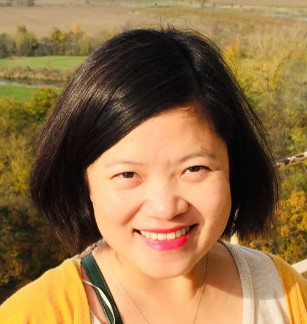
Min Wu is a Business Development Manager specializing in polymers and chemistry at Thermo Fisher Scientific. In this role, Wu focuses on advancing microtomy techniques to enhance the understanding of polymer materials’ microstructure and properties. Wu has contributed to the development of the Apreo VolumeScope, an instrument that combines in situ sectioning and imaging of polymers within the SEM vacuum chamber in a fully automated fashion, facilitating high-resolution 3D imaging of polymers. Wu is also involved in promoting the potential of multi-beam instrumentation, which enables faster data acquisition and higher throughput for complex material analyses.

Dr. Klaus Edinger is the Head of the Field of Business Repair at Carl Zeiss SMT GmbH, specializing in photomask repair technologies for the semiconductor industry. He has significantly contributed to the development of electron beam-based photomask repair systems, notably the MeRiT® system, which enables nanometer-precision repairs of photomasks. Dr. Edinger has authored numerous publications on photomask repair and related technologies, reflecting his expertise in the field. Under his leadership, Zeiss has expanded its research and development facilities, including a recent investment of over 20 million euros in new cleanrooms and equipment at the Rossdorf site, to meet the growing demand for advanced mask repair systems in the semiconductor industry.
